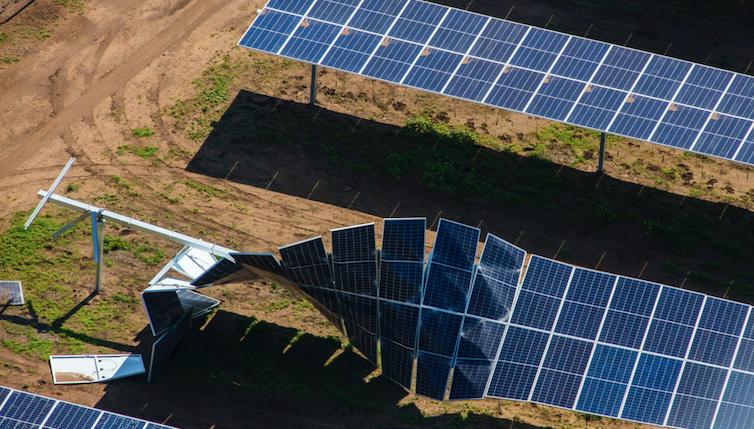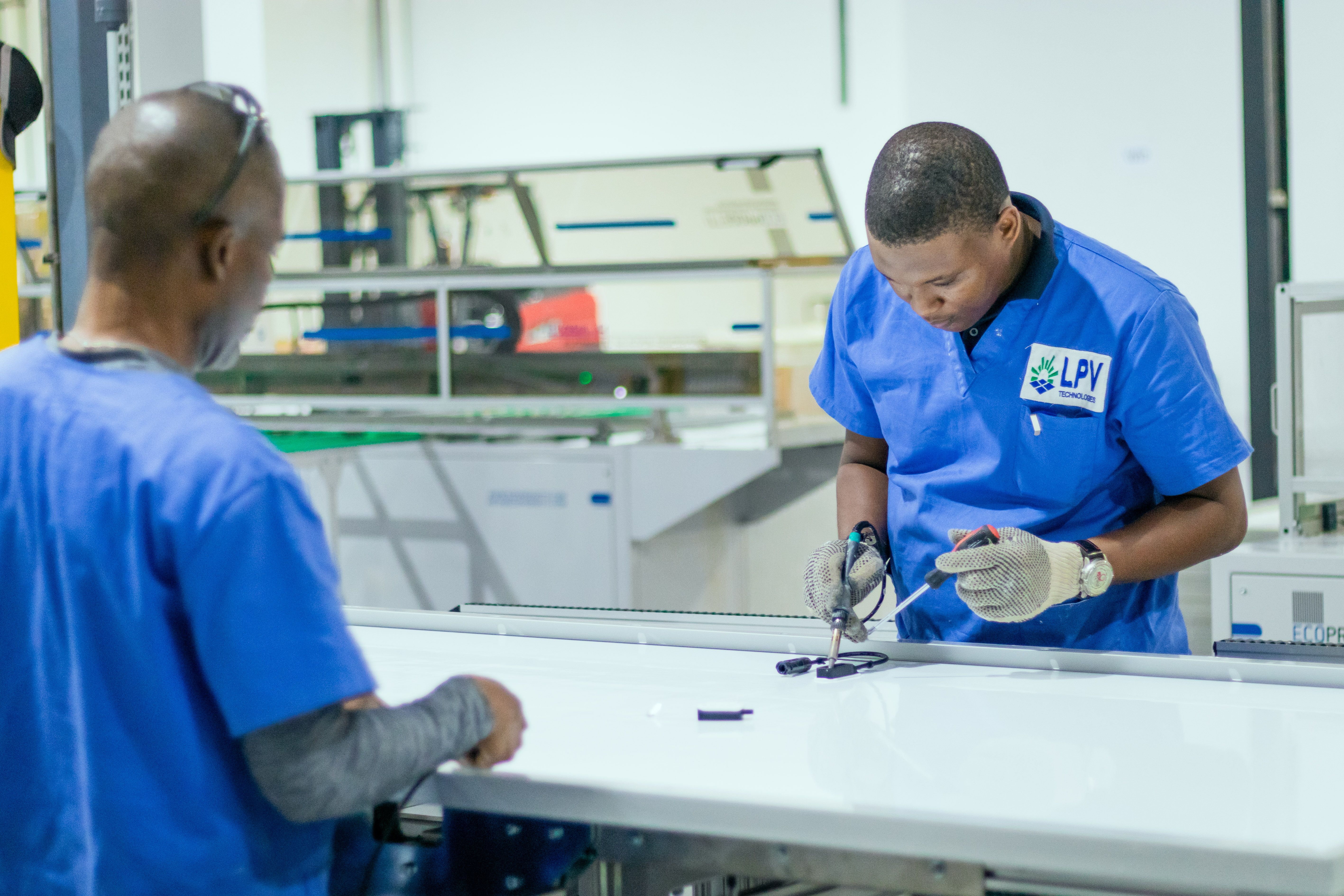In the race to scale solar adoption across Nigeria and Africa, delays and cost overruns from international procurement have become a recurring obstacle for developers, distributors, and installers. From lengthy delays, unpredictable costs, and poor support, the solar supply chain is often riddled with friction points that slow down deployment and frustrate execution.
But what if there was a way to bypass these headaches entirely?
Enter local manufacturing, a game-changing shift that not only supports the nation’s industrial growth but also solves real problems for solar developers, installers, and distributors. Here’s how:
1. Long Shipping Times & Customs Delays
When you import panels, every step, from overseas production, port congestion, customs clearance, and global disruptions, extends delivery time and shipping risks. Unplanned delays of 6 to 12 weeks are not uncommon, especially when geopolitical events or global demand affect shipping schedules.
The Local Advantage: By sourcing from a Nigerian-based solar panel manufacturer like LPV Technologies (LPVT), developers can significantly reduce their shipping timeline from months to days or even hours. Critical components like solar panels can be delivered within 48–72 hours, ensuring faster installations, quicker cash flow, and fewer project overruns.
2. Currency Volatility & Hidden Import Costs
With global panels priced in USD or RMB, every foreign exchange fluctuation hits your project budget. These, along with import duties, clearing fees, and demurrage, could raise your final landing costs and reduce margins.
The Local Advantage: Local manufacturing allows you to price in Naira, offering more predictability and budget control. For locally-stocked products priced in local currency, what you see is what you pay, no hidden costs or post-order shocks.
3. Limited Stock Visibility
International suppliers often require bulk commitments without offering real-time inventory updates, a clear delivery timeline, or quality guarantees. This makes planning difficult, especially for developers or distributors managing multiple client projects and delivery timelines.
The Local Advantage: By working with local solar manufacturers, you gain access to transparent production schedules, inventory data trends, and verifiable quality checks, enabling smarter forecasting, flexible ordering, and improved project control.
4. Warranty & Technical Support Gaps
With foreign solar suppliers, after-sales support is often remote and unresponsive, and warranty claims can be slow and frustrating.
The Local Advantage: Locally-made solar panels from LPVT come with a local support team that works directly with developers, EPCs, and installers to resolve issues quickly and process warranty claims locally and seamlessly.
5. Limited Customization for Local Needs
Imported solar products often come in rigid configurations that aren’t always aligned with local project requirements or mounting constraints. Ordering customized alternatives could be expensive and time-consuming.
The Local Advantage: Local production with LPVT facilitates easier negotiation and delivery of product customization, both for intrinsic configurations (voltage, power requirements) and external features (frame types, packaging formats, white labeling). Also, local solar partners allow for staggered delivery schedules due to proximity and simplified logistics.
Local Manufacturing is Practical, Not Just Patriotic
Choosing Nigerian-made products can support the local economy. But beyond that, high-quality solar modules made locally solve real operational headaches with localized quality assurance, reliable supply, responsive support, and seamless warranties.
Ready to rethink your solar sourcing strategy?
Speak with LPV Technologies to localize solar panel sourcing for your projects and warehouse.
Schedule a factory tour and partnership meeting with us today.






